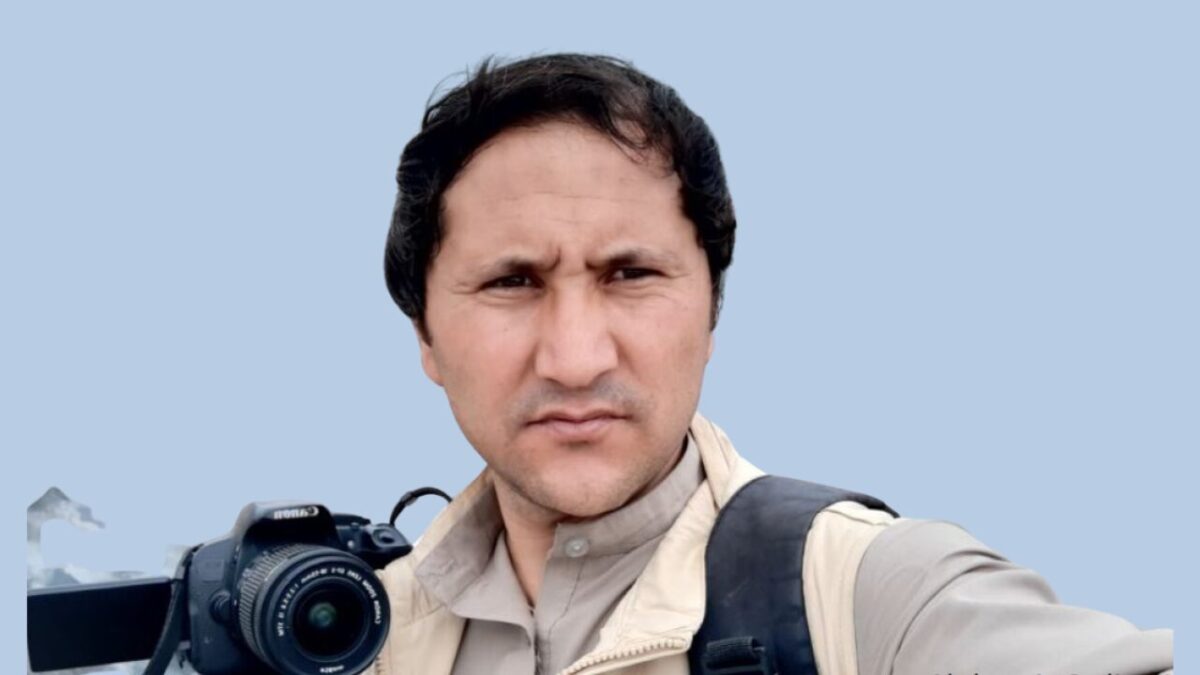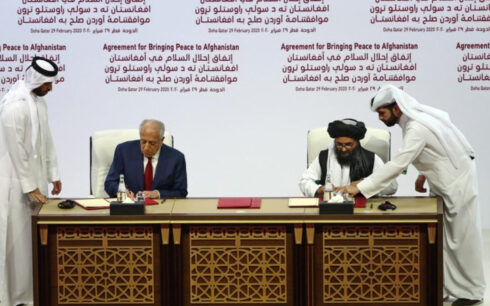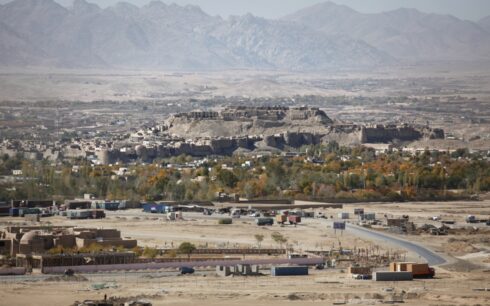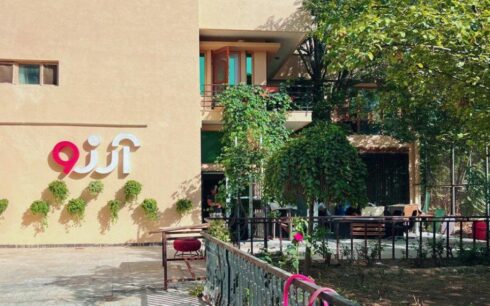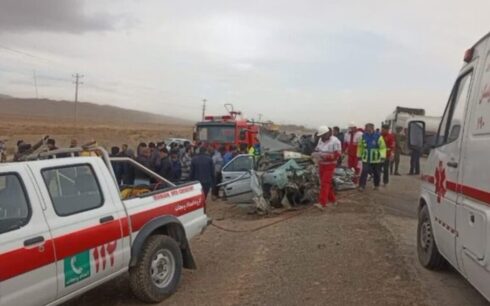KABUL, Afghanistan — Abdul Raziq Siddiqi, the editor-in-chief of Radio Sada-e-Badghis, has been released from Taliban custody after spending 34 days in detention, the Afghanistan Journalists Center said in a statement on Friday.
Mr. Siddiqi, who had been held by the Taliban’s intelligence agency in Kabul, was freed by order of the Second Zone Urban Court in the capital on Wednesday evening, Dec. 4, according to the organization. He plans to return home to Qala-e-Naw, the capital of Badghis province, on Friday, the AFJC added.
The Afghanistan Journalists Center condemned his detention as a violation of the country’s mass media law, stating that his freedom should never have been taken away.
“The arrest of this journalist was contrary to the media laws of the country, which guarantee freedom for reporters in their professional work,” the organization said.
Mr. Siddiqi was summoned to Kabul by the Taliban’s intelligence agency on October 31 and subsequently detained. The arrest followed accusations from the Taliban’s Directorate of Information and Culture in Badghis that he had reported on sensitive issues, including the employment of women at a private company, for foreign media outlets. The Taliban claimed his reporting violated their government’s regulations.
The Afghanistan Journalists Center pointed out that under Afghanistan’s mass media law, as enforced by the Taliban, journalists and media outlets are legally allowed to carry out their professional duties without interference. Article 4 of the law stipulates that “no individual or entity can prohibit, censor, or restrict the free operation of media or interfere with their publications.”
Despite these protections, press freedom in Afghanistan has deteriorated significantly under Taliban rule. At least six journalists remain imprisoned in the country, four of whom have been sentenced to two to five years in prison, according to the journalists’ center.
The United Nations, in a recent report on the state of media in Afghanistan, revealed that at least 334 journalists and media workers have been arrested by the Taliban over the past three years.
Mr. Siddiqi’s case highlights the mounting challenges faced by Afghanistan’s press, which continues to operate under the constant threat of arrest and censorship.

